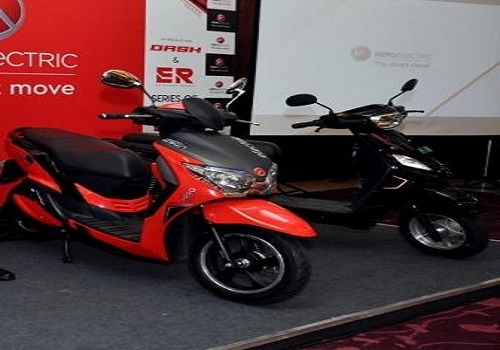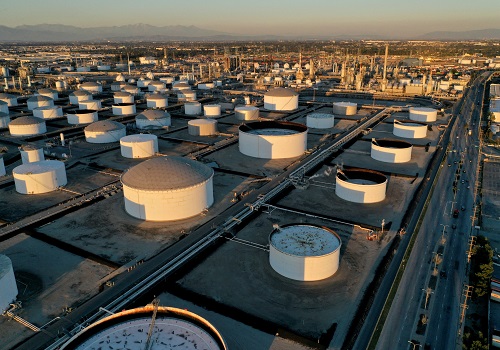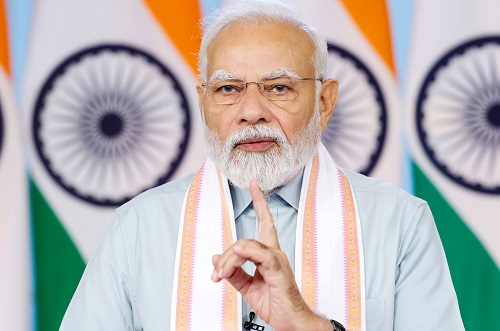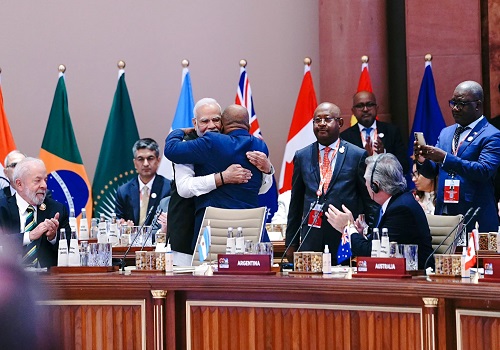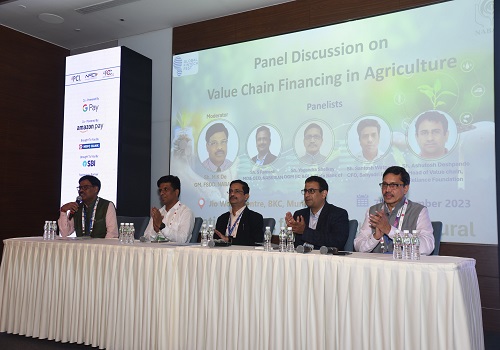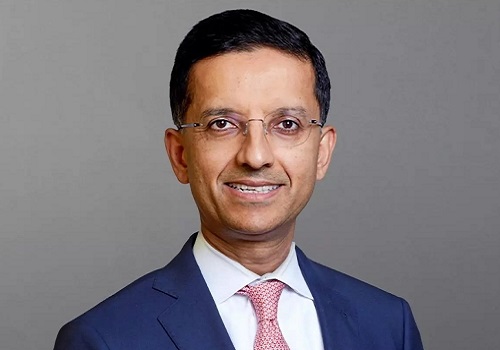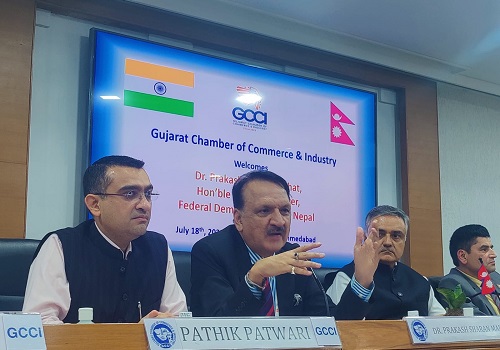Indian, Nepali private companies sign agreement for direct energy sale
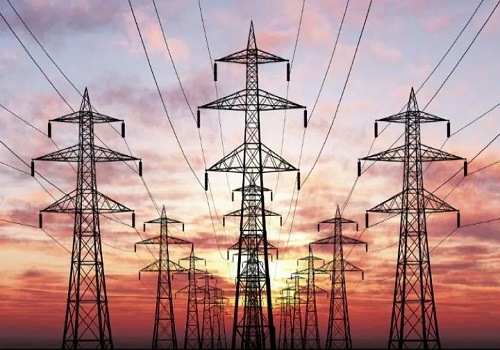
Follow us Now on Telegram ! Get daily 10 - 12 important updates on Business, Finance and Investment. Join our Telegram Channel
In a major boost for energy cooperation between Nepal and India, private entities and companies of both countries on Wednesday inked an agreement for selling and buying energy directly.
Earlier, this power was only enjoyed by two government or government-owned entities. Now the Nepal government has to make a law to allow the private sector to sell energy directly to external private companies.
The agreement was signed during the final day of the eighth Power Summit, inaugurated by Prime Minister Pushpa Kamal Dahal 'Prachanda'.
According to Independent Power Producers Association, Nepal, the summit is the largest power sector event in Nepal, with 800 energy sector-related participants - energy trading companies, power producers, financial institutions, transmission and distribution companies, consulting companies, vendors, and think tanks, among other stakeholders - participating, including 800 international delegates from more than 30 countries. The largest number of participants were from India.
As per the agreement, Indian private sector hydropower project developers can buy electricity up to 200 MW from Nepal. The Nepal Power Exchange (NEPEX), which was established by the private sector with the aim of trading electricity abroad, signed the agreement with India's Steel Mint with IPPA, Nepal, President Krishna Prasad Acharya and Steel Mint's Kshitiz the signatories.
NEPEX Director Uttam Blon said that he is hopeful that even if the Nepal government has not given the license for electricity trade to the private sector, it will give the license in the future.
As per the agreement, both companies have joined hands to launch Power Mint Power Index in Nepal, which will serve as a platform for information-sharing on electricity tariffs, demand-supply, and other issues. Likewise, an MoU was signed between Manikaran Power Ltd India and Bizbell Energy Pvt, under which Bizbell Energy's 103.5 MW hydropower plant under construction in Humla will be purchased by the Indian company for electricity production. Also, there was an MoU between Manikaran Power Ltd India and Kasuwa Khola Hydropower Project Nepal for the purchase of power.
As per MoU, Manikaran Power, as the leading power trader, shall work on securing PPAs (power purchase agreements) in the Indian market on a long-term basis whereas Nepal Power Exchange shall be the market intermediary for carrying out the transaction and getting the buyer and the seller together.
Even though Indian companies such as SJVN Ltd and GMR Energy, which are developing 900MW Arun 3 and 900MW Upper Karnali projects, have signed direct power purchase agreements with Indian buyers, no domestic company in Nepal has so far signed an agreement with Indian buyers.
Concluding the summit on Wednesday, Finance Minister Prakash Sharan Mahat said that the government is going to set up a mechanism in order to sell out the energy to India soon. The agreement is likely or setting up of such a mechanism will likely to announce during the India visit of Prachanda in May.
Nepal's electricity law has no provision for granting any company other than Nepal Electricity Authority a right to trade power. Currently, the developers have only one option - to sell power to the Nepal Electricity Authority.
In January last year, Nepal Power Exchange Ltd and India's Manikaran Power Ltd signed an MoU on energy trading. But its implementation was struck by the lack of law in Nepal that grants trading licenses.
Nepal Power Exchange Lted has not received a trading license.
Nepal's total installed capacity has reached 2,520MW and an additional 600MW is expected to be added in 2023, according to IPPAN. The country is likely to have a generation capacity of 6,700MW by 2027 with the private sector's contribution reaching 80 per cent to the total power generation capacity from the current 55 percent. Nepal has committed to becoming a net zero country by 2045 mainly through the use of green energy.












 320-x-100_uti_gold.jpg" alt="Advertisement">
320-x-100_uti_gold.jpg" alt="Advertisement">

